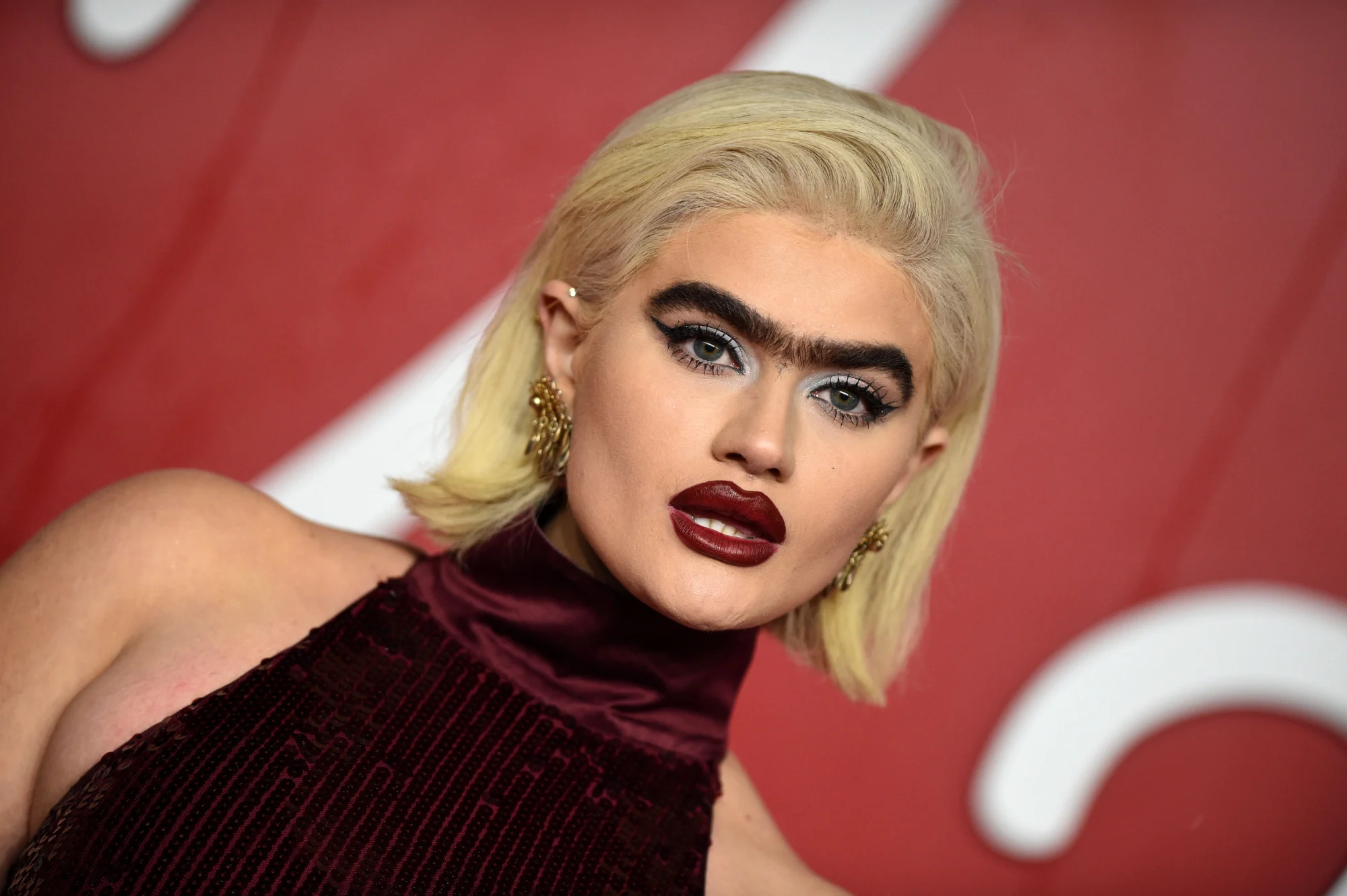Januhairy: Embracing Body Hair in the New Year
Traditionally, the dawn of a new year heralds resolutions for change. Gyms witness a surge in memberships, job seekers embark on fresh endeavors, and abstaining from alcohol and meat becomes a common pursuit.

In the past six years, another trend has emerged during this period: “Januhairy.” This movement challenges women to lay down their razors for the month of January. Despite its seasonal name, the message is timeless, as the campaign’s official Instagram account, boasting over 40,000 followers, continuously shares images of women celebrating their body hair throughout the year, aiming to normalize it.
Laura Jackson, the founder of Januhairy, expressed the liberating essence of the movement, stating, “Januhairy is liberating because it gets you thinking about the way you treat your body and why.” She envisions a future where individuals can freely choose how to manage their body hair without societal judgment.
While historical evidence indicates practices of hair removal among ancient civilizations like the Egyptians, Romans, and Renaissance Europeans, the contemporary Western ideal of hairlessness for women gained prominence following World War I. The advent of disposable safety razors, brought home by returning soldiers, led to women’s experimentation with these grooming tools.
Accompanying this shift were changing fashion trends, with clothing styles revealing more skin, such as sleeveless tops and higher hemlines. Razor manufacturer Gillette capitalized on this cultural shift, launching the “Milady Decolette” in 1915, marketed as the solution for a woman’s “embarrassing personal problem.”
Breanne Fahs, a professor of women and gender studies at Arizona State University, highlighted Gillette’s deliberate effort to expand its market to women during this era.
Despite strides in body positivity and acceptance of natural beauty in various realms, female body hair remains taboo in many societies. A 2021 study by YouGov revealed that a majority of Britons considered female armpit hair unattractive. However, attitudes toward body hair are shifting among younger generations, with greater acceptance observed, especially among younger women.
The visibility of body hair activism has increased, as evidenced by the popularity of hashtags like #bodyhairpositivity on TikTok and the portrayal of body hair in advertisements by brands like Billie. Nevertheless, compliance with body hair removal norms remains remarkably high, with up to 99 percent of women in Western countries regularly removing leg and underarm hair.
While initiatives like Januhairy and visible activism challenge societal norms, individuals who choose to embrace their body hair often face harsh criticism, particularly online. Roxanne Felig, a social psychology PhD student, regularly shares her choice to grow out her body hair on social media, attracting both support and hostility from strangers.
Similarly, artist Esther Calixte-Bea documents her journey of embracing her body hair, confronting hateful comments and racism along the way. Despite the challenges, these women persevere in their quest to challenge beauty ideals and promote self-acceptance.
In the evolving landscape of beauty standards, Januhairy stands as a reminder of the power of individual choice and the importance of embracing diversity in all its forms.
